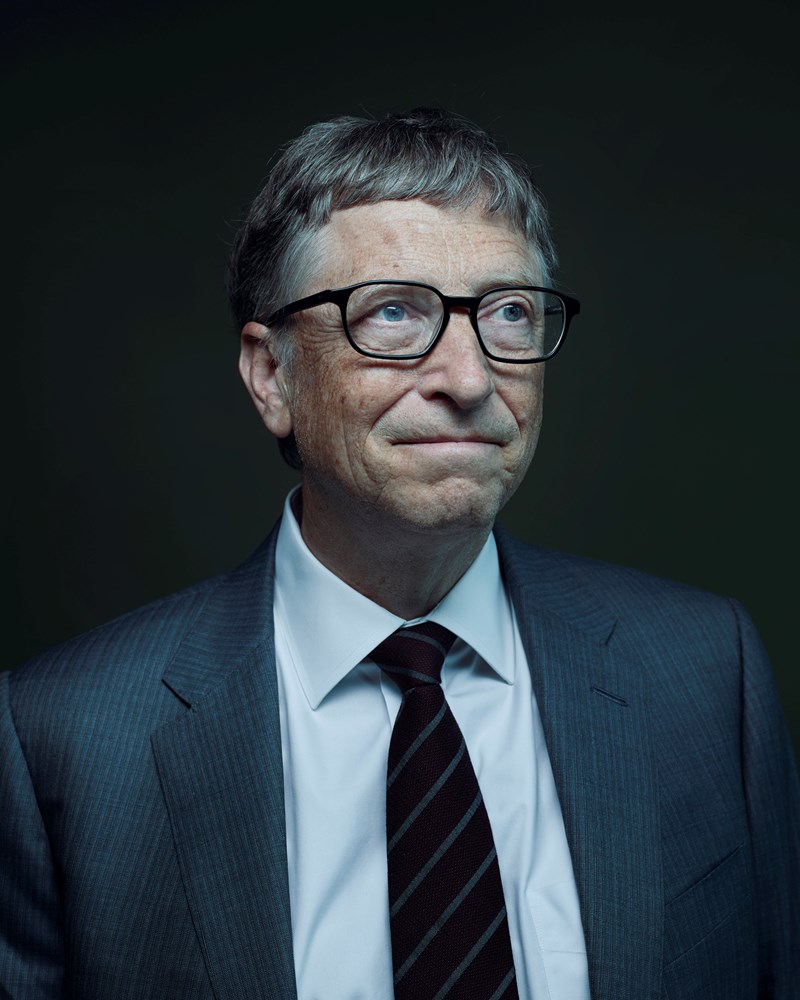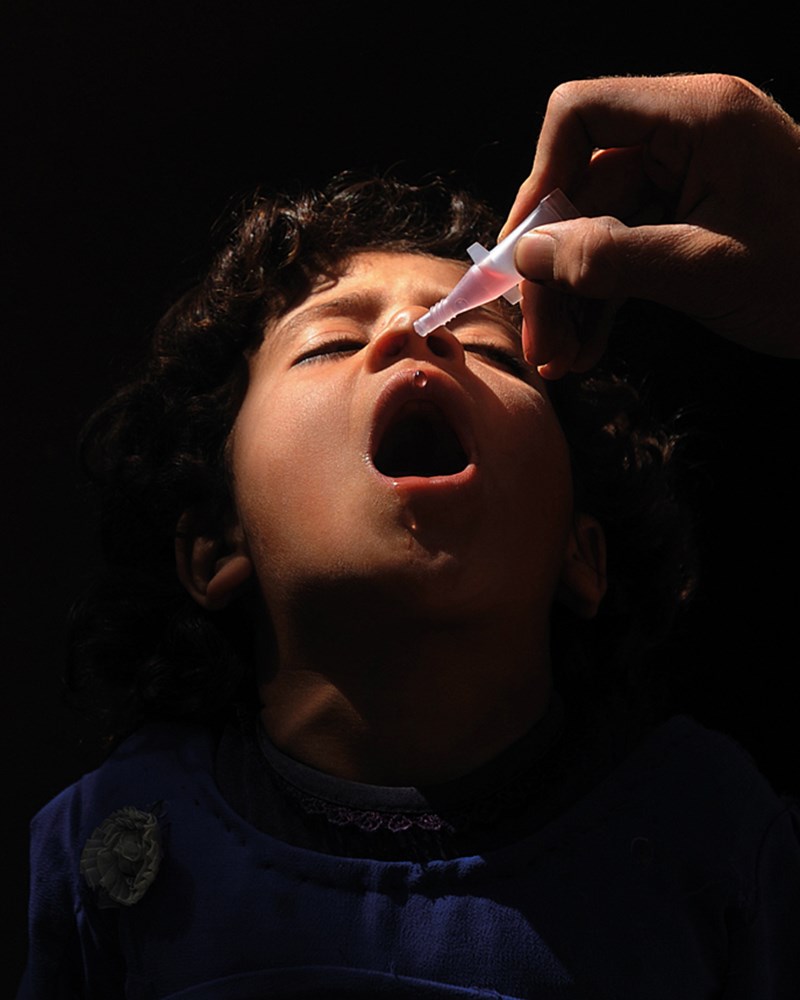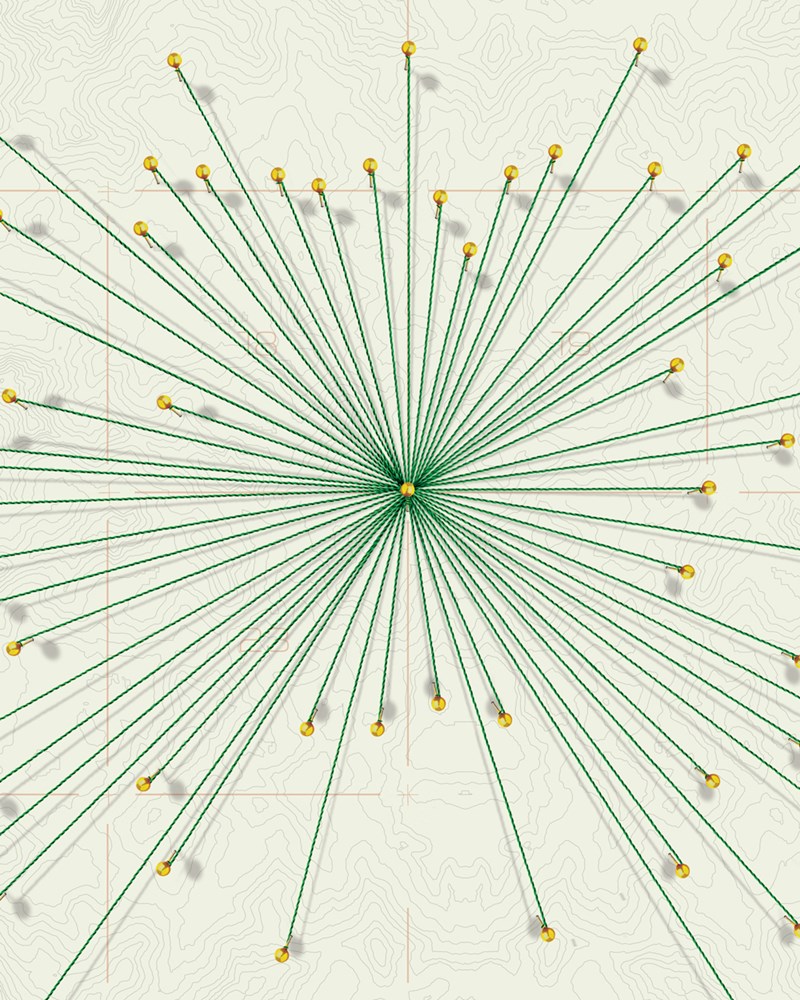Q. You have close ties with GCC governments. How important are those to your regional work?
Middle Eastern countries have serious challenges, but the region also has incredible ingenuity, and some of the most generous governments and philanthropists in the world. We rely on our partners’ generosity, and also on their knowledge of geographies, development challenges, and their relationships with communities that can be difficult for us to reach.
As an example, we’ve worked closely with the UAE on a number of initiatives, most notably in the fight against polio. In 2013, we co-hosted the Global Vaccine Summit with the Crown Prince of Abu Dhabi, Sheikh Mohammed bin Zayed Al Nahyan. It raised more than $4bn toward making polio only the second disease ever to be eradicated.
We are also part of a giving circle, the Shefa Fund, made up of Saudi Arabian families, each of whom support eliminating meningitis A in Africa and polio worldwide.
The Islamic Development Bank (IDB) is another important partner for us in the Middle East. We share a number of priorities centered on lifting the burdens of poverty and disease for people across the region. We’ve helped to make IDB loans more affordable for impoverished countries to use, to invest in their futures.
Q. You are a vocal advocate for female empowerment. Why are women and girls so critical to the success of global development goals?
If you want to improve the lives of people in any community, empowering its women is a good place to start. There are a number of reasons why, but here’s one of the most important: if a woman has a dollar in her pocket, she uses about eighty cents of that to provide for her family, purchasing things like healthy food, doctor visits, and education. In my travels, I talk to women about finances quite a bit. Almost universally, one of the first priorities they mention is their children’s school. Whether they talk about schoolbooks, fees, or supplies, it’s the first thing on their minds.
Their investments pay off. When mothers decide how their families’ money is spent, their children are 20 per cent more likely to survive, and much more likely to thrive. Focusing on women and girls is the most direct way to ensure healthier and more prosperous families, and greater economic progress around the world.
Q. What more can be done to help shift the paradigm for women and girls in developing countries?
As I’ve taught my three children, it’s crucial that those of us who do have a voice use it to speak up for the women and girls who don’t. It’s our responsibility to advocate for women and girls everywhere to ensure that they grow up healthy and respected, and able to create a better future for themselves and their families.
We are not there yet. Every single day, 800 women die in childbirth, mostly of preventable causes. That’s unacceptable, and the world needs to do more to address it.
In the Muslim world, strong voices are speaking up for women’s empowerment. For years, Saudi Arabia’s Prince Alwaleed bin Talal has been an advocate for women’s rights, and I was glad to hear that women’s empowerment will be a primary focus as he invests his fortune in philanthropy. And last year, when I met Lana Nusseibeh, the UAE’s ambassador to the UN, she spoke powerfully about the country’s commitment to equality.
Men and boys have a role to play too. When I was in Malawi last year, I met with a group of men who are known as ‘male champions’ in their village because they’re helping change their community’s gender norms. They told me that they’re starting young with their own kids, teaching their sons that they, too, have a role in building a more equitable world.
More voices, more support, more education, more collaboration – these are just a few of the actions anyone reading this can take right now.
Q. When you reflect on the work you’ve done over the past 15 years, what are you most proud of?
We are very proud to be part of GAVI, the vaccine alliance. GAVI coordinates efforts between businesses, governments, and aid agencies to deliver lifesaving vaccines to children in poor countries who need them most. So far, GAVI has enabled more than 500,000 children to be vaccinated, saving more than 7 million lives – with half of that money invested in Muslim countries.
Another important moment for me was helping organise a family planning summit in London in 2012. Dozens of countries came together at the summit to commit to helping more than 100 million women get access to the contraceptives they want to plan and space their pregnancies.
The effort raised more than $2bn, the first time the world put a ‘b’ in front of a fundraising effort for women and girls. That’s something I’ll never forget.





